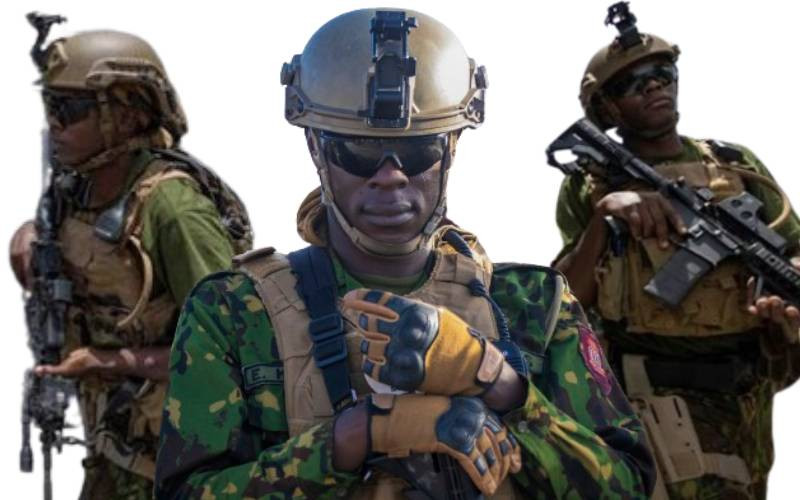×
The Standard e-Paper
Kenya’s Boldest Voice

Not so often do elite Kenyan police units showcase their gear and skill in televised urban combat.
This is unfolding in Haiti's capital Port-au-Prince where Jimmy 'Berbecue' Cherizier is leading the G9 gang alliance against government forces.